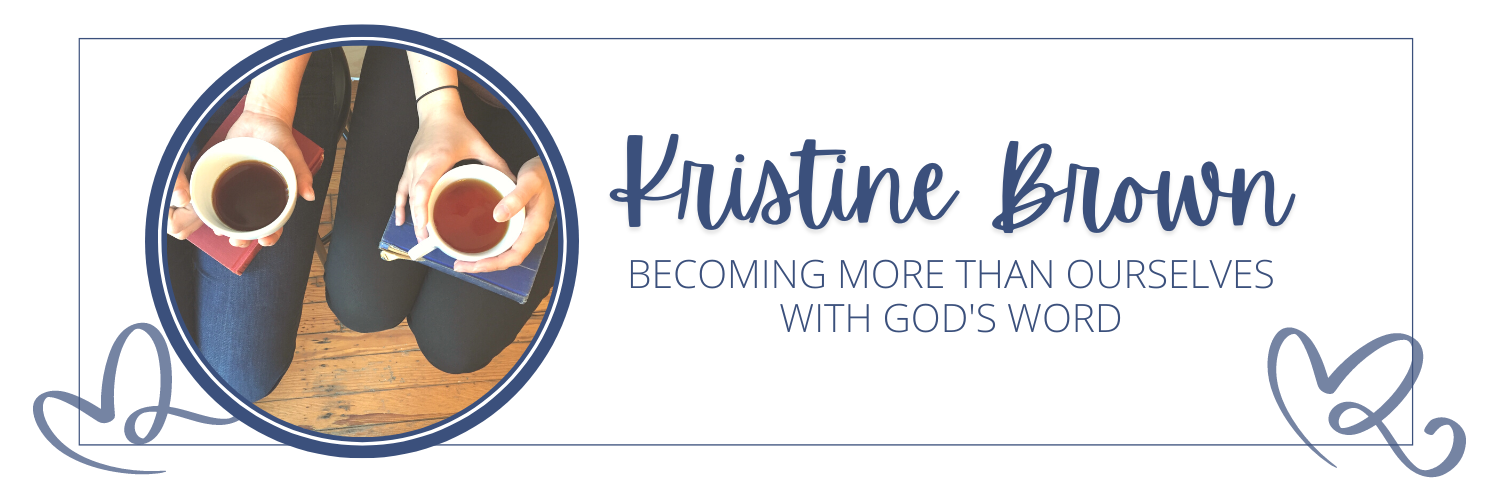I’d been praying about my situation for weeks. Friends were praying for me. Our pastors were praying too. But this particular Sunday when I walked into church, the pastor must’ve sensed my discouragement or seen it in the look on my face.
Discouragement has a way of changing our countenance.
During the worship service, he walked up to me and said words that he no doubt thought I needed to hear. Words that would encourage me and help me not feel so down. He said, “God’s got this. You know that, right?”
I nodded in agreement, although what I felt on the inside didn’t match the fake smile I attempted to create on the outside.
Why Do I Feel So Down When I Know God Is in Control?
Truthfully, I knew God had my situation all under control, but for some reason the pastor’s question kept coming back to me again and again. Did I really trust God with my situation? And if so, why was I still feeling down?
When we offer our most desperate prayer to God, we trust Him to work on our behalf with His love, mercy, and peace. We know we can rely on Him in our daily decisions and toughest challenges.
But honestly, when I come face to face with life’s biggest challenges, it’s hard to stay positive, even when I’ve given it to God in prayer.
David in the Bible knew this, as well.
In the verse above, David felt alone because of his circumstances. He had no one to turn to for prayer support. In fact, all his men were so distressed, they talked about taking it out on David.
When he had nowhere else to turn, he knew where to find encouragement.
“Then David said to Abiathar the priest, the son of Ahimelek, ‘Bring me the ephod.’” (1 Sam. 30:7 NIV)
The Significance of the Ephod
God chose Bezalel, a skilled craftsman, to oversee creation of the ephod and everything else needed for the Tent of Meeting. Exodus 39 gives us a description of these items and their importance to God’s people and their journey toward the land of promise.
David asked Abiathar the priest to bring the ephod because, “He desired to consult God.” In his distress, sending for the ephod signified David’s desire to spend time in the Lord’s presence, reminding himself of God’s promises.
Through the ephod, David was able to seek the Lord’s will for his situation. Even though surrounded by men weeping in despair, David turned to God and discovered His promise for certain victory over the enemy.
Sometimes in life we will be surrounded by the faithful prayers of family and friends. Our hearts will be uplifted as we know others are standing with us and holding us up in our trial.
Then there will be other times when we feel alone and unsure where to turn. Times when we’ve prayed, but we still feel discouraged. We shouldn’t feel any less spiritual when we pray but still feel down. In those moments, we need to guard our hearts against despair. Instead, we must encourage ourselves through what we already know to be true.
One promise I turn to again and again when I’ve prayed but still feel down is Philippians 4:19:
God’s faithfulness lifts my spirits every time. It helps me encourage myself in the truth that the pastor wanted to remind me that day.
God’s got this. Even when I don’t feel it. Even when I’ve prayed and prayed but feel alone. Even when I can’t possible imagine a way out.
Let’s take our example from David today. We will have moments when we look at the world around us and get discouraged, but that doesn’t have to stop us from making the choice to seek the One who never fails us. God promises to provide for our needs, and we can trust Him.






